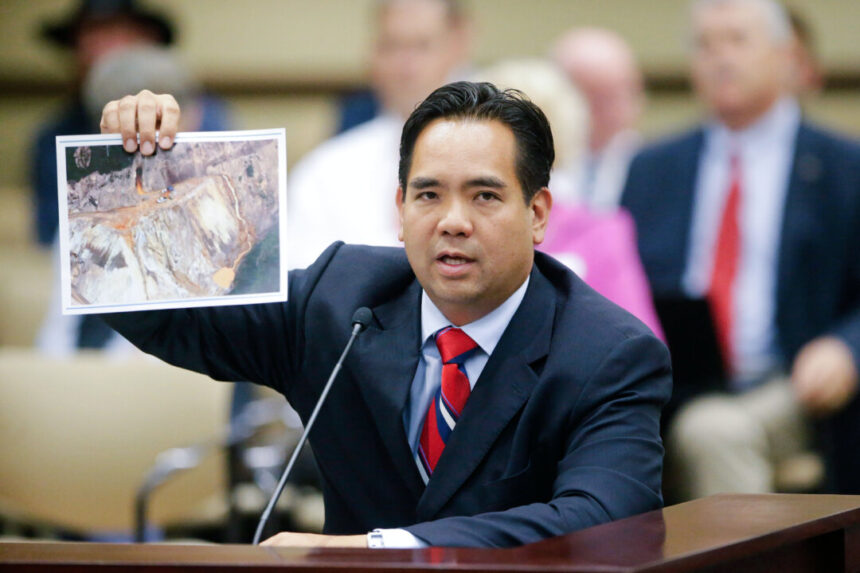Utah has filed a motion seeking a direct hearing before the U.S. Supreme Court to challenge federal agencies’ ability to hold public lands indefinitely. The Department of Justice is urging the Court to reject this motion. The state argues that the federal government’s possession of unappropriated public lands violates state sovereignty and federalism. Utah maintains that federal agencies are holding onto land without clear Congressional designation, and should transfer control to the state. The DOJ argues that Utah’s claims lack merit and that the Federal Land Policy and Management Act is constitutional. Several Republican state attorneys general support Utah’s position, while Wyoming lawmakers have also filed briefs in support. The dispute highlights ongoing tensions between states and federal land-use policies in the West. In the 2018 election, a candidate told The Epoch Times that advocating for state control of federal lands would offer more flexibility in energy development. He emphasized the abundance of clean coal in Utah and the importance of energy independence.
The American Legislative Exchange Council (ALEC) has been a strong advocate for state control of federal lands since the 1990s. They have pushed for a “divest-and-transfer” movement, drafting model legislation for conservative causes. This includes a bill based on Utah’s 2012 Land Transfer Act, introduced in several Western state legislatures.
During the early days of the Trump administration, Rep. Jason Chaffetz proposed the “Disposal of Excess Federal Lands Act,” aiming to sell 3.3 million acres of land. However, the bill faced opposition from various groups, leading to its withdrawal.
Numerous organizations, including conservation groups, industry associations, and outdoor enthusiasts, opposed the bill. They lobbied against it, highlighting the importance of preserving federal lands for wildlife and recreational activities.
Groups like the Center for Biological Diversity and Earthjustice have vowed to challenge any efforts to give states control of federal lands. Their lawsuits against the Trump administration demonstrate their commitment to environmental protection.
Overall, the debate over state control of federal lands continues, with stakeholders on both sides advocating for their interests in energy development, conservation, and public access to natural resources. Please rephrase this sentence.
Source link





